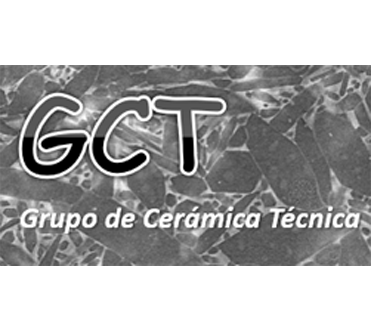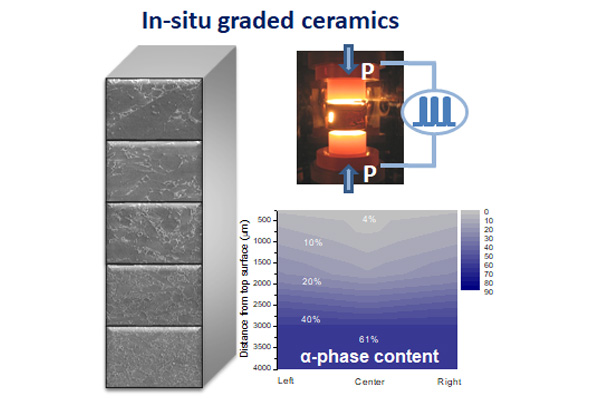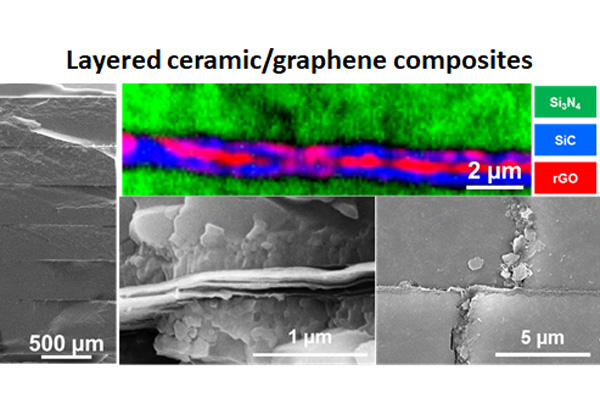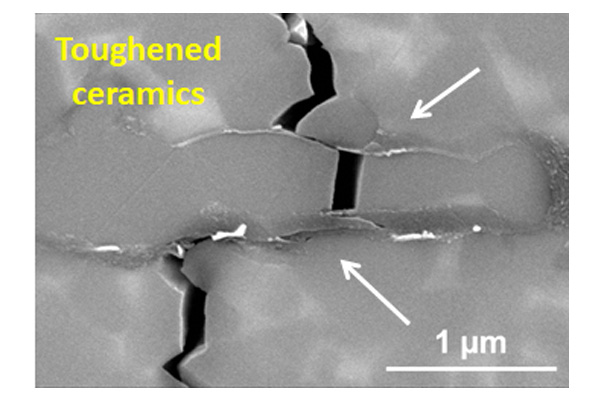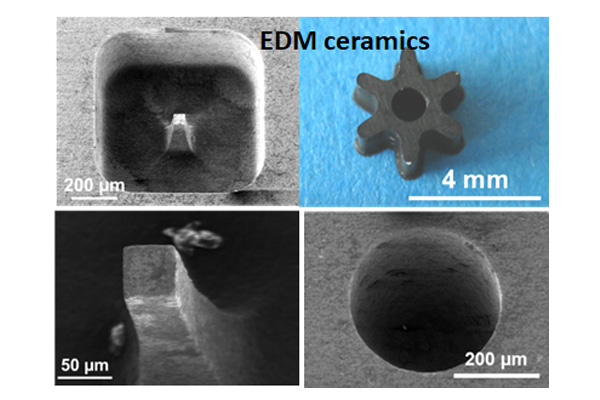The activities of the group (TCG, ICV) are related to the development of ceramic materials that can operate in highly demanding working conditions, such as high mechanical loads, high temperature, corrosive atmospheres or wear conditions, which are common in technological systems like gas turbines, engines, spacecraft, reactors, energy storage systems, etc.
The group has extensive experience in the manufacture of dense and porous materials and in their mechanical, tribological and thermal characterisation.
Our current objectives are focussed in three areas:
3D ceramic and carbonaceous cellular structures,
obtained by direct ink writing (robocasting), with different functionalities focused on various applications, including thermal management, sound attenuation, energy and catalysis. Currently, the group is focused on providing solutions for environmental and energy issues, improving thermal energy storage for concentrated solar power applications through new 3D structures, hydrogen production using 3D catalysts, or the development of solid electrodes and electrolytes with improved mechanical resistance.
Multifunctional ceramic material composites containing carbon nanostructures,
namely, nanotubes, nanowires, graphene nanoplatelets, graphene oxide. The objective is to improve the mechanical properties, especially the fracture toughness, and the tribological response (resistance to friction and wear), providing them with new electrical and thermal functionalities. This research is aimed at applications in engine and turbine components, satellites and aircrafts, electromagnetic wave shielding, nanogenerators, etc.
Protective coatings for high temperature systems,
such as thermal and environmental barriers (TBC, EBC) for turbine components, and self-repairing heat shields for aerospace applications, capable of withstanding mechanical and thermal stresses. Research focuses, among others, on the preparation of raw materials for the thermal spraying, the control of the spraying process, and coating ageing studies.
